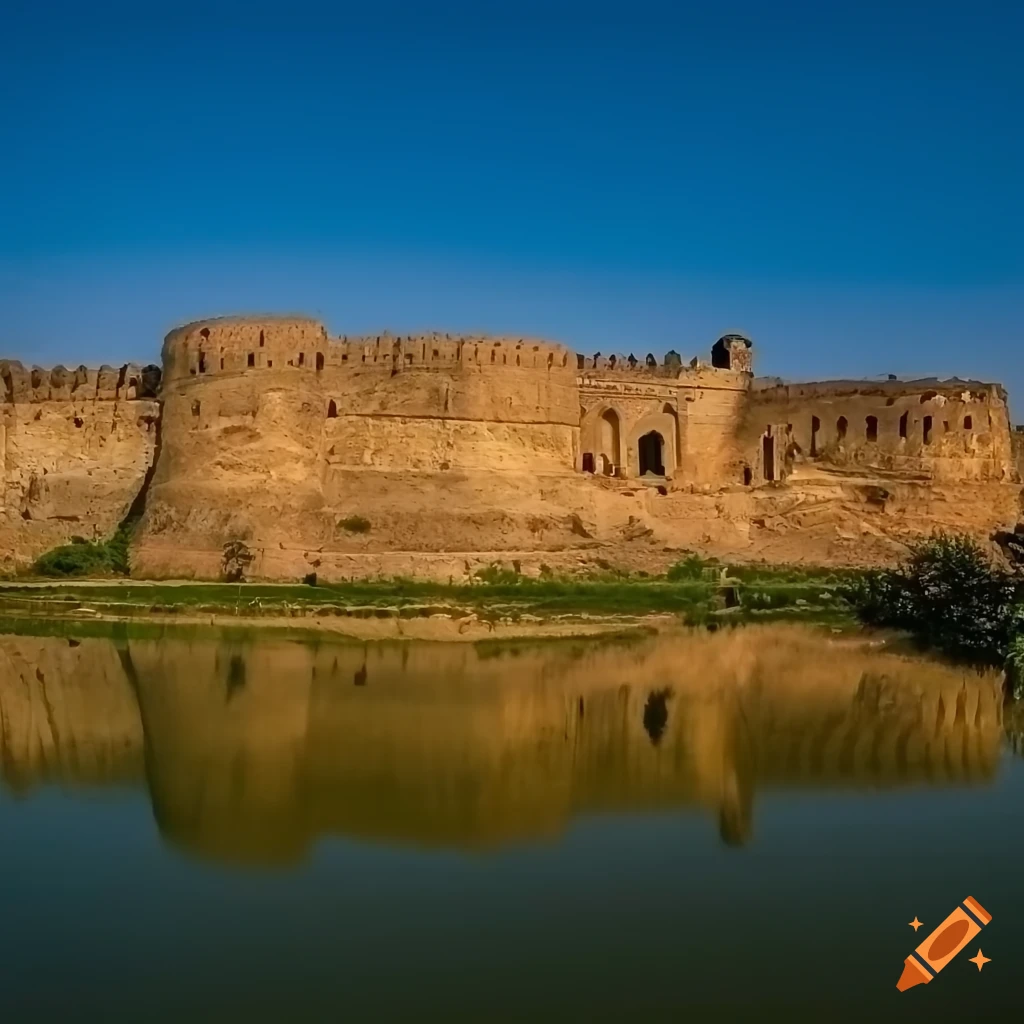Many hundreds of years ago, near the area now known as the India-Pakistan border, there lived a king named Raja Salbhan. Over time, he became known as Sulwahan, and he named his city after himself—Sul Kot. Later, this name changed to Sialkot.
Sialkot has a very old history. Raja Salbhan decided to build a strong fort there. But something strange kept happening—every time they built the fort walls during the day, they would collapse by morning.
The king, being a Hindu, believed in astrologers and fortune tellers. He asked them for advice. They told him, “The walls won’t stand unless the blood of a Muslim is used in the construction.”
At that time, Muslims were few and lived in hiding because they were often targeted. The king’s soldiers began searching for a Muslim.
One day, near a river, they found a young boy performing wudu. The soldiers captured him and brought him to the king.
The boy’s mother begged and cried for his life, but the king did not listen. At first, the king ordered his executioners to cut the boy’s finger and use a few drops of his blood. The next day, the walls of the fort stayed standing.
The king then thought, “If a few drops of his blood are so powerful, how much stronger will the walls be if we use all of his blood?”
The young boy was beheaded, and his blood was sprinkled around the fort walls. This time, the walls never fell.
To this day, the fort in Sialkot still stands, built with the blood of a young Muslim boy. And to date, India still has eyes on the fort, as lost territory.
Commentary:
The narrator added an anecdote to the folktale as a part of the narration. “During the 65 war, when the city was bombed, there was a lot of destruction all around. I was a child, and we lived in Sialkot. The walls of my house shook so hard that we thought it was an earthquake. The next morning, word and news of the bombing spread. Whilst most of the city was decimated, not one brick of the fort was damaged, it stood as firm as ever.”
She finished the story with “As Pakistanis, you should know your history. When you go to Sialkot, do not forget to pray for our martyrs, and that young man.”
Source:
Narrated by Maham Aftab's grandmother. Recorded in Lahore, as a part of Clicks and Culture, our collaboration with Beaconhouse School System.


Comments